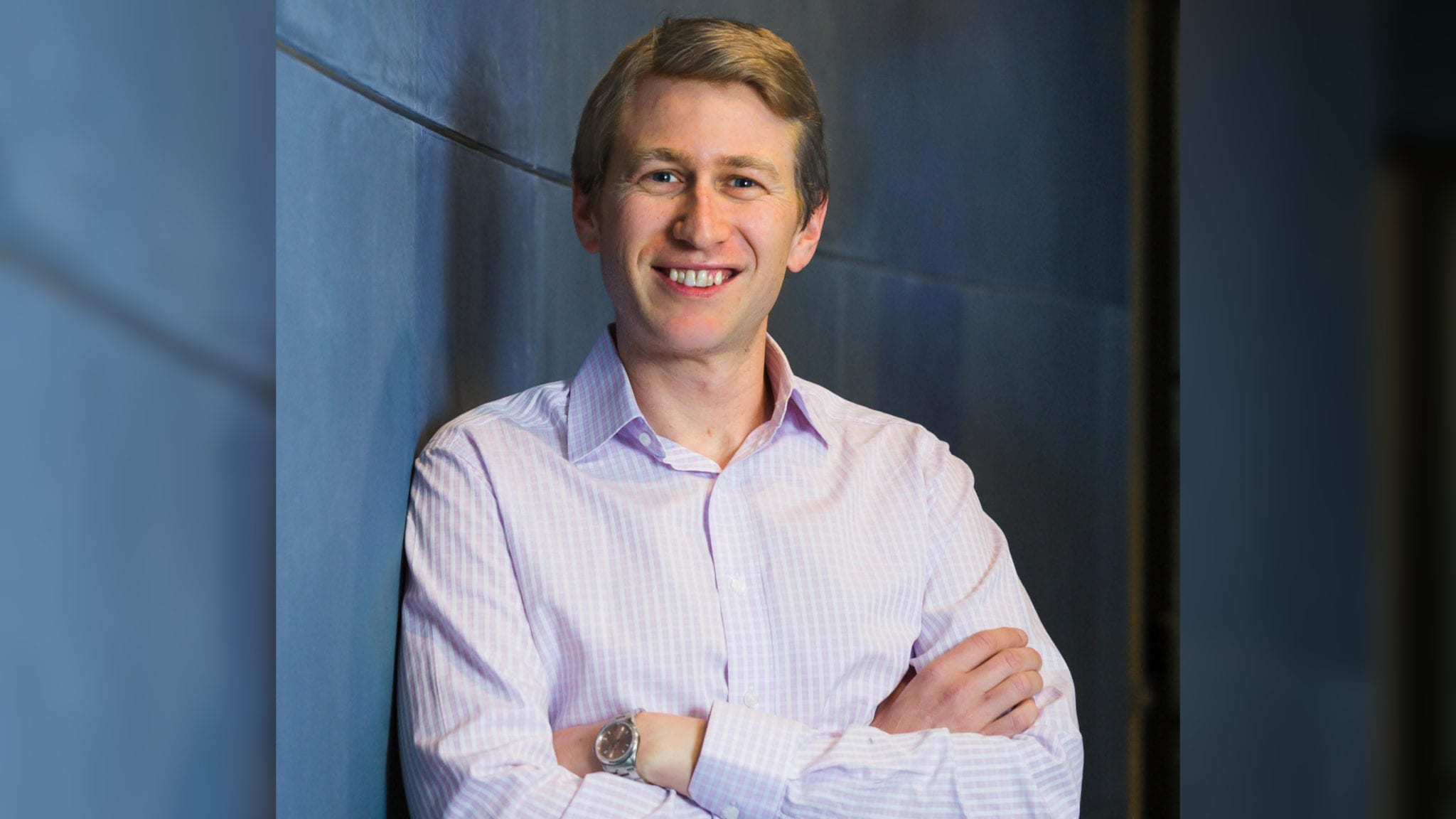
Aaron Royston, venBio
Investing in the time of coronavirus: the good, the bad and the hopeful, as biotech VC firms close funds worth $3B
Apart from disrupting biopharma R&D and regulatory timelines, the coronavirus pandemic has inevitably ravaged financial markets and eroded investor risk appetite. Investing in the time of coronavirus feels reckless, but if biotech venture funds are any indication, the time is ripe.
Sign up to read this article for free.
Get free access to a limited number of articles, plus choose newsletters to get straight to your inbox.